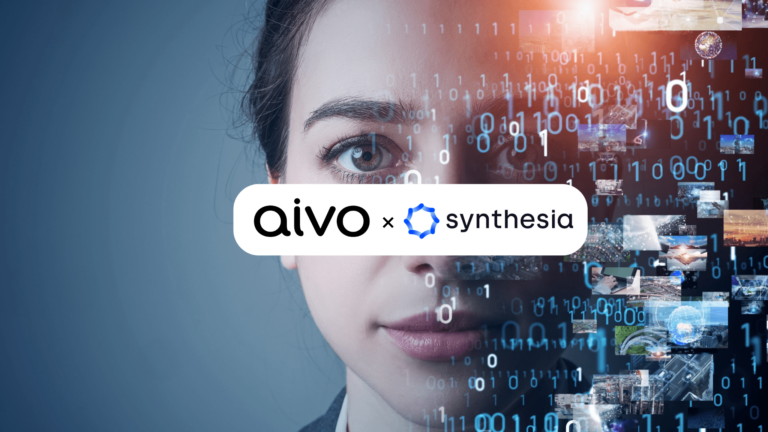Salesforce has enhanced its Einstein 1 Platform by introducing the Data Cloud Vector Database and Einstein Copilot Search, to revolutionize the utilization of generative AI prompts through a seamless integration of enterprise data.
Creating accurate and relevant generative AI prompts demands costly and labor-intensive model fine-tuning. Salesforce aims to address this challenge with the introduction of the Data Cloud Vector Database. Embedded within the Einstein 1 Platform, this feature enables swift and easy integration of unified business data into any AI prompt. This breakthrough eliminates the need for fine-tuning off-the-shelf large language models (LLMs), allowing customers to deploy trusted and relevant generative AI effortlessly across all Salesforce applications.
"The Data Cloud Vector Database relieves the challenge of costly and complex processes to harness the value of unstructured data. Now, our customers can reason over their full spectrum of their enterprise data to power their business applications more effectively. By integrating both structured and unstructured data, our new Data Cloud Vector Database transforms all business data, from emails to documents to transcripts to social media posts, into valuable insights. This advancement in Data Cloud, coupled with the power of LLMs, is a game-changer, fostering a data-driven ecosystem where AI, CRM, automation, Einstein Copilot, and analytics turn data into actionable intelligence and drive innovation," said Rahul Auradkar, EVP and GM of Unified Data Services & Einstein.

Enabling decision-making with unified data
The Data Cloud Vector Database is not just a time-saver, but a game-changer for AI, automation, and analytics. It streamlines improved decision-making and customer insights across all Salesforce CRM applications. By unifying unstructured data, including PDFs, emails, and documents, with structured data such as purchase history and customer support cases, the platform enhances business value and return on investment. This means customer service leaders can efficiently present relevant knowledge articles to service agents, reducing case resolution time and enhancing overall customer satisfaction.
Einstein Copilot Search
Moreover, Salesforce has announced Einstein Copilot Search, an enhanced AI search capability. This feature enriches Einstein Copilot, Salesforce's generative AI assistant, by tapping into diverse data sources, including unstructured data. The solution allows for the delivery of more precise information seamlessly within the workflow, offering a robust solution for sales, customer service, marketing, commerce, and IT teams. Customers will benefit from an AI assistant that goes beyond the limitations of foundational large language models (LLMs), providing unprecedented insights and knowledge.
For instance, in customer service scenarios, Einstein Copilot Search will link unstructured data from emails and phone call transcripts to structured support ticket history. This linkage offers service representatives a comprehensive understanding of customer concerns, including historical context. AI-generated, data-backed resolution suggestions enhance the efficiency of customer service, and the integration of source citations instills confidence in the authenticity of AI-generated insights.
The practical impact of the latest enhancements
The chatbot powered by Einstein Copilot can provide detailed answers sourced from multiple knowledge bases, enhancing customer service interactions.
Moreover, call center leaders can use unstructured data and AI to automatically compare cases, identify trends, and improve customer experiences.
When it comes to marketers, they can leverage unstructured survey data and transcripts to tailor campaigns based on consumer intent and behavior.
Brand managers can utilize Einstein Copilot to compare new product details with existing ones, expediting the generation of relevant product descriptions, while sales representatives can prepare for customer meetings by having Einstein Copilot reference specific unstructured data, providing valuable insights for revenue generation.
The Data Cloud Vector Database and Einstein Copilot Search are set to enter pilot phases in February 2024, while Einstein Copilot will be generally available in the same month.









